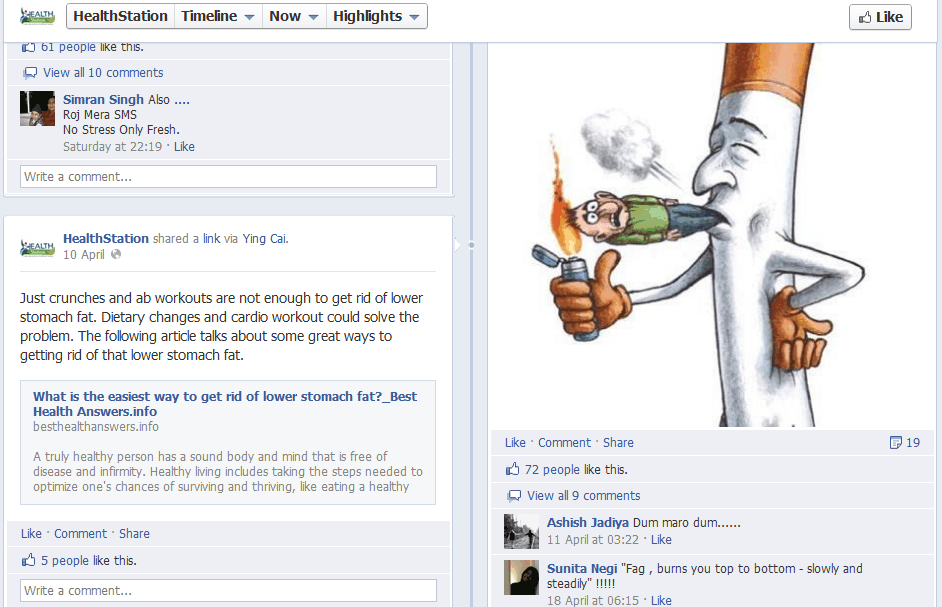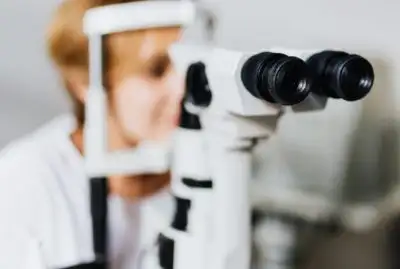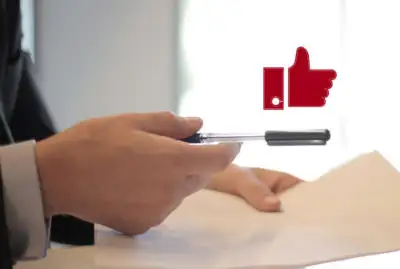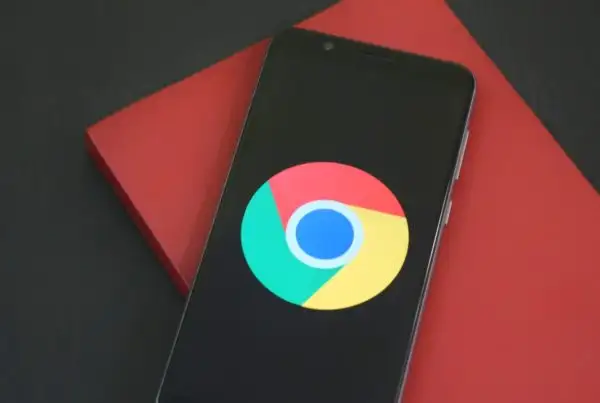As the usage of social media continues to grow at a sometimes alarming rate, it is taking over more and more areas of ones life. One of the areas that is recently being heavily influenced by social media is the health care sector.
Studies now reveal that more and more people now trust social sites such as Facebook, Twitter and even YouTube to provide them with information about health-related issues. Would you trust medical advice doled out on a social network?
A study conducted by PwC Health Research Institute in the USA has found that one-third of users in the U.S. would trust the health related information made available to them on a social networking site.
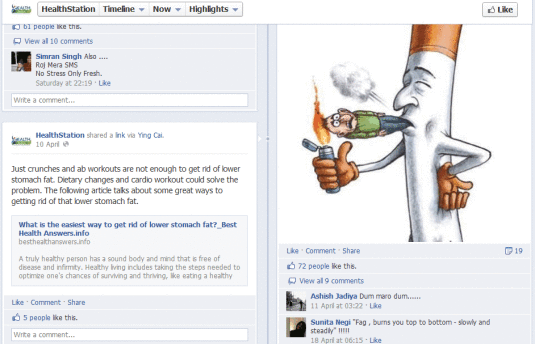 The information could range from research and the sharing of symptoms, to opinions about doctors and the effectiveness of various therapies available.
The information could range from research and the sharing of symptoms, to opinions about doctors and the effectiveness of various therapies available.
About 90% of those surveyed in the 18 – 24 year age group said that they would trust the medical information shared by others on social networks. 80% of users in this age group also said that they would be willing to share personal medical information through these social networks.
Those in the older age group of 45 – 65 years, however, were found to be less likely to share their information or trust information available through the social networks. Only about 45% of this age group felt that social networks were trustworthy in medical matters.
The survey, which was conducted across 1,060 people in the USA this February, found that 45% of people would let information gained through social media affect their decision to take a second opinion. 34% of them said that this information woud help them to take a particular medication. Users generally agreed that they would trust information given by doctors, but only 42% would trust information given by insurers and only 37% would trust information given by pharmaceutical companies.
Different Attitudes
Only about 2 years ago, in 2010, medical information passed on through social websites had been run down as being from the ‘Wild West’, but now it is being accepted more and more, showing a change in public attitude towards social media and even the Internet as a whole.
Attitudes towards healthcare in the UK and rest of Europe are quite different to that in the States. For one, it’s free for citizens of the UK and most European countries to visit a GP. Healthcare costs in the USA, on the other hand, are high enough to scare off some people and make them resort to seeking medical advice online.
Moreover, advertising medicines and medical services on TV and other media is quite common in the USA but completely absent in the UK and Europe. This could result in people in the US being more receptive towards medical advice from an online medium than users on this side of the Atlantic.

